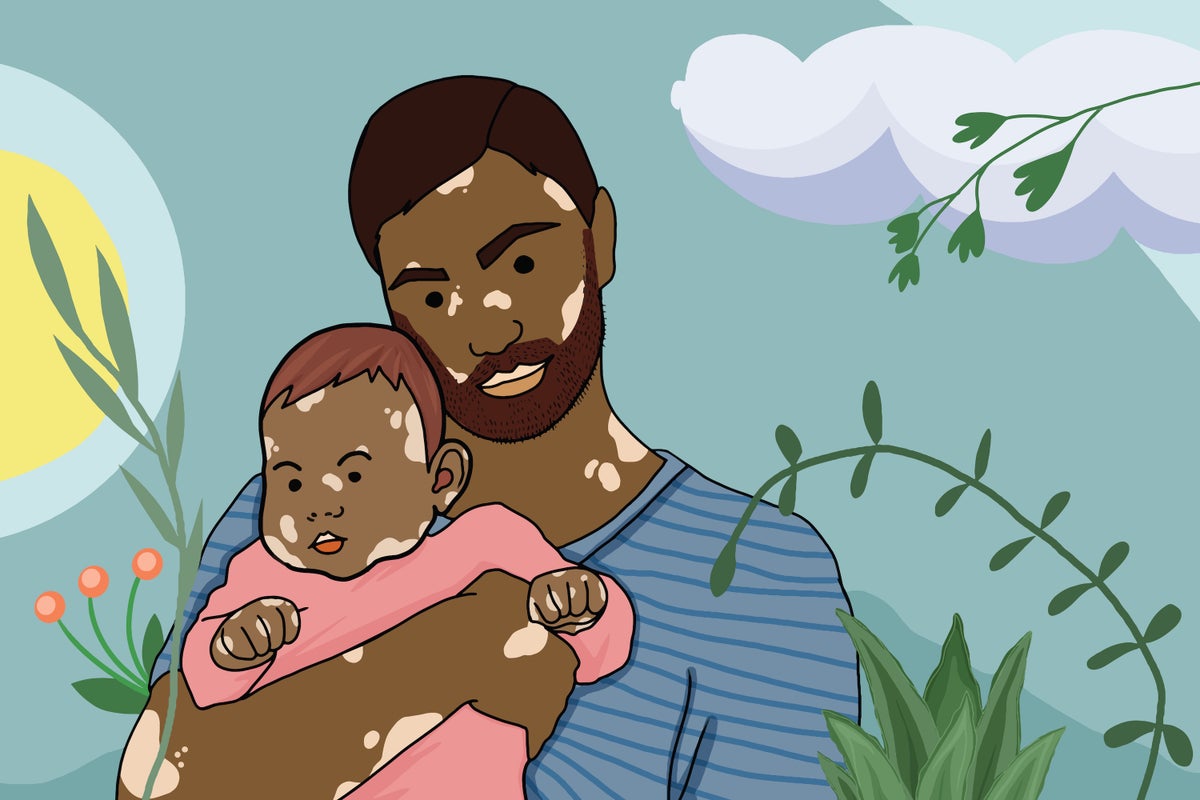
"But one of the simplest, most personal considerations is whether, and how, having a child will affect a person's quality of life. Here, psychologists studying well-being have encountered what's sometimes called the parenting paradox: parents report lower mood and more stress and depression in their daily lives than adults without children; yet parents also tend to report higher life satisfaction in general."
"I'm an emotion neuroscientist by training, and I want to use brain science to understand the messy and complicated feelings that people experience in modern life. Feelings such as bittersweetness in reminiscences about an ex, simultaneous excitement and fear before a performance or ambivalence about a big life change are not easily quantified in the positive-negative scales scientists use in researchyet they can tell us a lot about how we process emotion when it matters the most."
Deciding whether to have children hinges on finances, relationships, career, social pressure, and anticipated effects on quality of life. Psychologists identify a parenting paradox: parents experience lower day-to-day mood, greater stress and depression, yet report higher overall life satisfaction. Emotion and brain science can clarify mixed feelings such as bittersweetness, simultaneous excitement and fear, and ambivalence that escape simple positive–negative scales. Longitudinal tracking of first-time fathers through pregnancy and early parenting reveals how parenting contributes to meaning and associates with brain changes. Differentiating daily affect from global evaluations helps explain why parenting can be both stressful and deeply fulfilling.
Read at www.scientificamerican.com
Unable to calculate read time
Collection
[
|
...
]